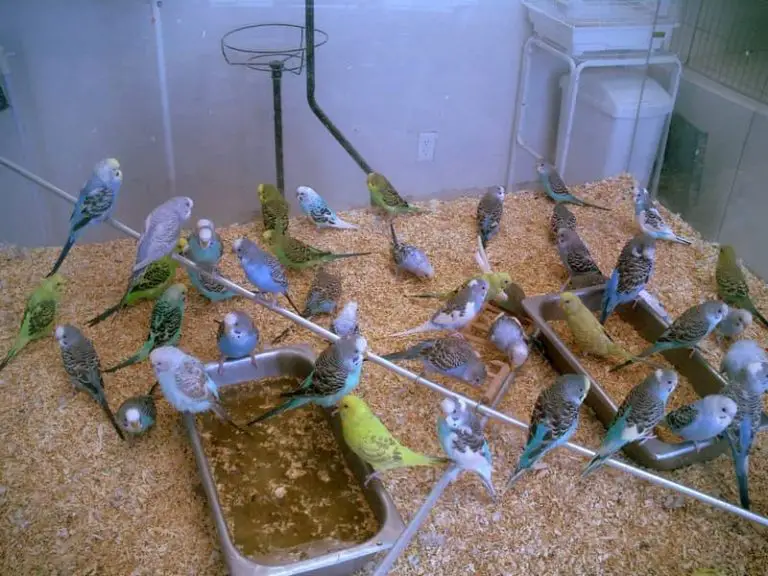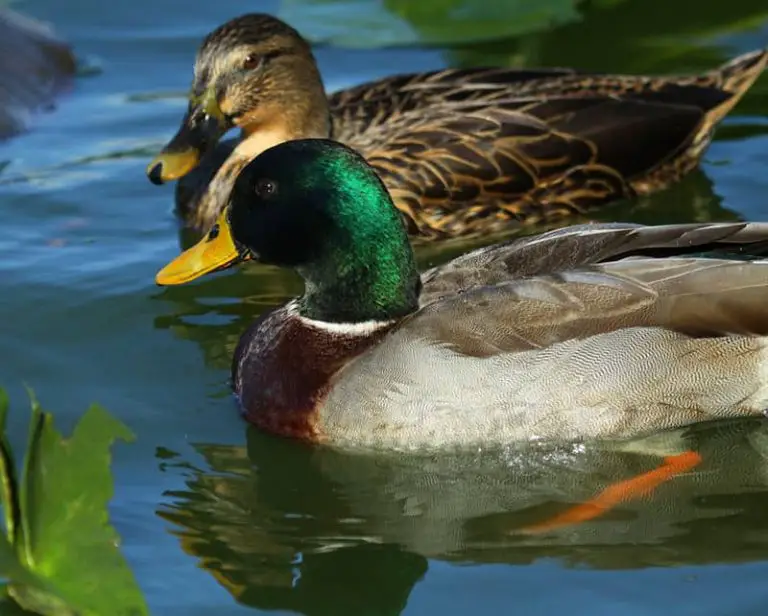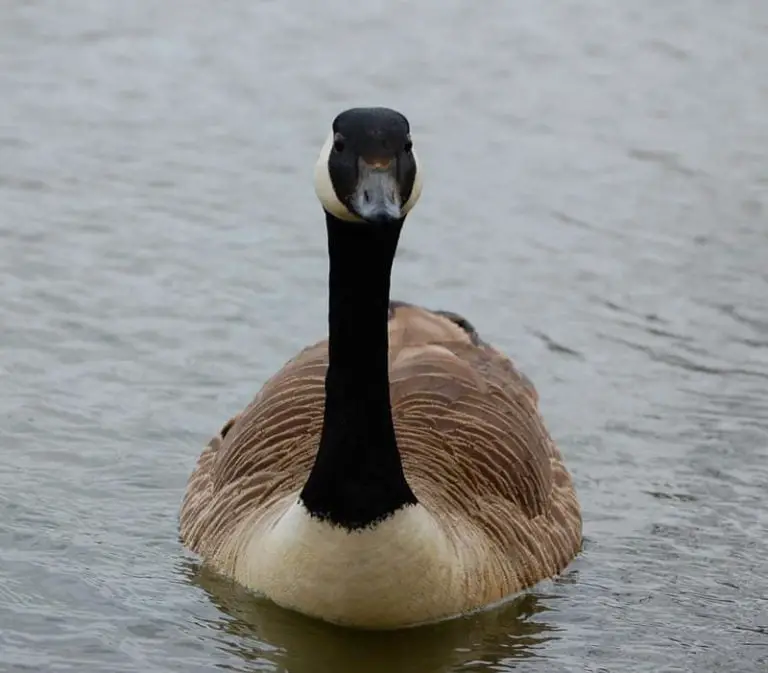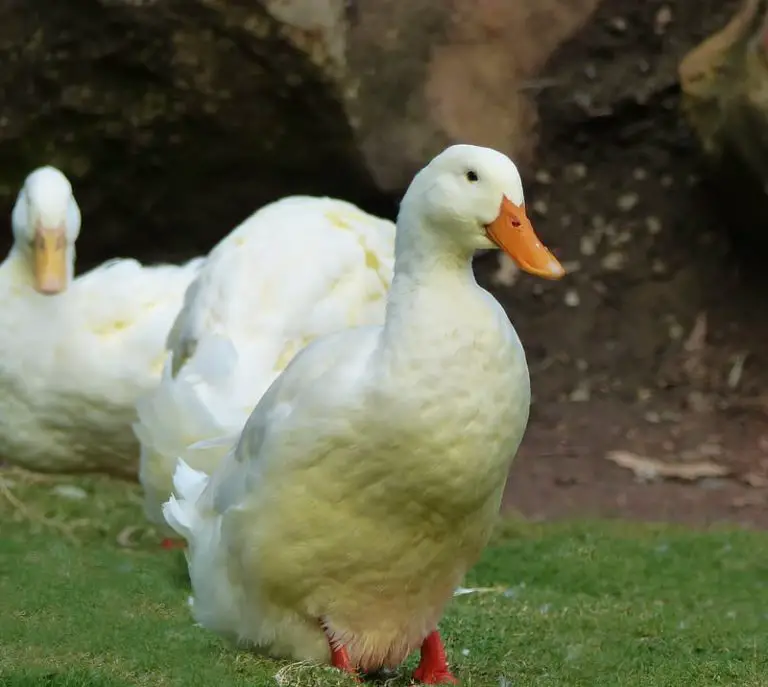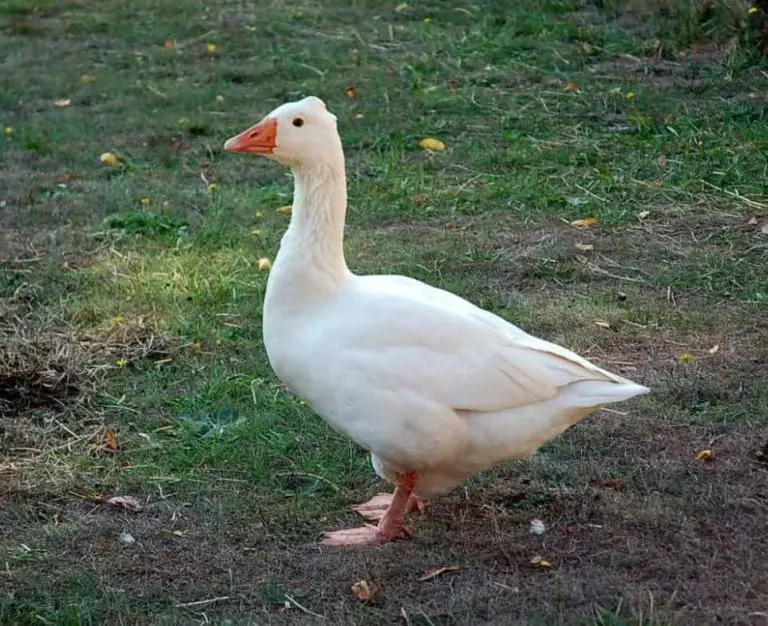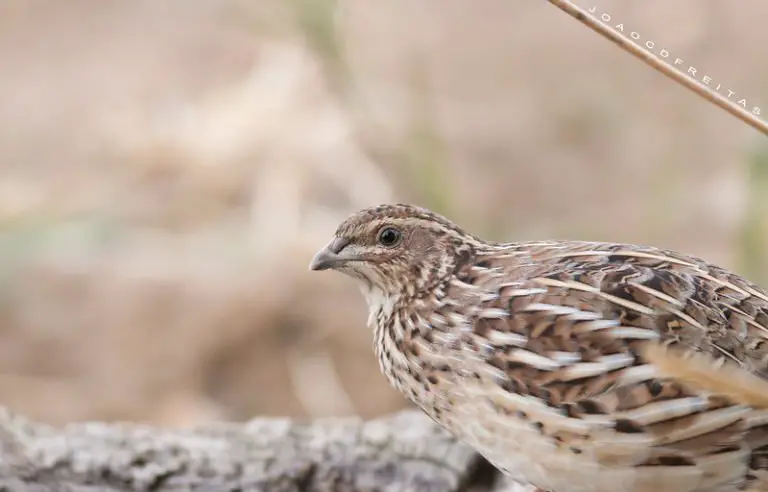Can Ducks See In The Dark?
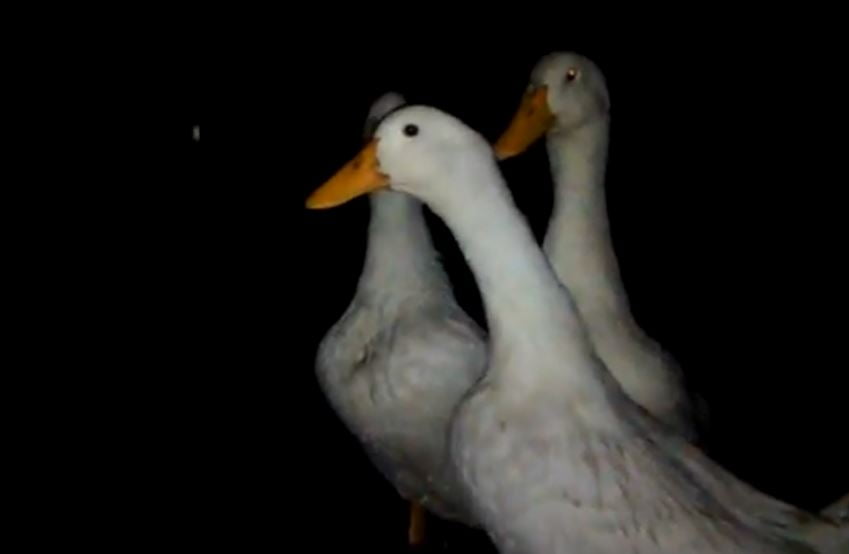
Recently I saw a short documentary where owls could attack eagles and their young at night without them noticing, the explanation was simple, the owl can see in the dark of the night, I was amazed and fascinated.
So, as I have been writing and researching a lot about ducks lately, I asked myself, what kind of vision do ducks have? can they see in the dark? There is also the doubt of knowing if ducks are nocturnal animals, how can they find food at night, or if they can fly at night?
I came across some comments from people who claimed that ducks could see in the dark, so I decided to investigate further.
Contrary to what one might think, the duck’s vision is quite sharp, but despite this, ducks cannot see in the dark with precision, the duck has other senses and abilities such as the magnetic sense and the sensitivity of its beak to orient itself in low light situations.
How are ducks able to find food in the dark?
Ducks’ vision is sharp enough to be able to find their way and food in normal conditions of relative darkness, not that they have dark-adapted vision like, for example, cats and owls.
When the duck is searching for food with its head immersed in water, which is a very common activity, it uses two things to help it locate food.
First, its beak is highly sensitive, the duck’s beak is covered with super sensitive skin which gives it the opportunity to feel things with its beak, similar to the hands of us humans.
Therefore, ducks can sense food in the dark or underwater without needing to see it.
Are ducks nocturnal?
Ducks can be diurnal or nocturnal depending on weather conditions. Normally ducks are diurnal, but during hot weather, ducks may change their habits to nocturnal.
They can be guided by their senses, and as we have already mentioned during this topic, their vision is not bad, the duck is always in a constant state of alertness, so they can sleep with their eyes open and can do so on land as well as in the water.
https://www.youtube.com/watch?v=R-3NEXWwqRE&ab_channel=WorldEmbassy
Do ducks need light at night?
It is not necessary to leave a light on for the ducks at night, in case they feed well during the day, the night should be a time for them to sleep, just like humans, in case you want to overfeed the ducks then you can leave a light on all night long, but this is not recommended.
Although on many farms, obviously do not have the luxury of leaving lights on all night long, besides, leaving a light on for ducks all night long can disrupt their biological clock.
Ducks are very social birds. If ducks are raised in groups without light, any small disruption in the house at night will result in high panic and anxiety in the entire flock.
This is due to a state of extreme alertness which is characteristic of ducks. If you have a sizable group of ducks, during these abrupt interruptions, the ducks will pile up in piles in an unrestrained manner often causing casualties due to their own trampling.
What do ducks do at night?
For ducks, like most living things, nighttime is the ideal time to sleep and rest. Ducks are active during the day foraging for food, using their brains and senses to their fullest capacity.
But at dusk as the sun goes down, the characteristic brain pattern of ducks, like most other living things, changes to a slower, more restful sleep and rest wave pattern.
At night ducks look for a place to sleep, either in the wild or on land, or in a stable where they develop site-specific habits.
Something very characteristic and distinctive of ducks is that they sleep in a form of intermittent alertness, as a survival instinct, ducks are always alert, even while sleeping.
This is characteristic of many birds, they sleep one side of their brain, and the other side is awake, therefore, they can sleep with one eye open, or opening their eyes at every moment.
Also, the duck’s sleeping posture is very distinctive and characteristic of a bird that is always alert, the duck usually sleeps with its head back and legs flexed under its own weight.
This does not cost it any effort and is part of its instinct to be alert in order to react quickly and flee from an eventual attack by a predator.
Some amazing characteristics of duck vision
Ducks in themselves possess incredible sensory abilities, including their vision, which is special because of the position and characteristics of their eyes in relation to their heads.
Ducks’ eyes are positioned high on the sides of their heads, their vision is very good both flying and swimming, although it is probably not as good looking straight ahead as we humans are used to seeing.
It is very likely that due to the position of its eyes the duck cannot even see its own beak, but it does have an excellent panoramic view backwards and upwards of its head.
This is essential for example to detect predators in the environment, at least much more useful than being able to see its own beak.
Another peculiarity of ducks’ vision is that they are very likely to have a separate vision in each eye.
In ducks, per eye the field of view is 160°. What this implies is that nearly 320° of the fully possible 360° of all-round view can be obtained at a single sight.
The lateral field of vision is about 15° thanks to the nearly lateral disposition of the eyes. As a result, this means in order to have a direct three-dimensional (3D) view, the objects should practically always be with an extended peak width.
This is of minor relevance for ducks, since they, like other birds, constantly have their heads in motion and seem to have no difficulties with this.
Ducks’ eyes are also highly sensitized to ultraviolet light rays (UV light), so they can significantly recognize more colors, contrast, and detail. Ducks can spot objects up to a distance of 80 meters.

